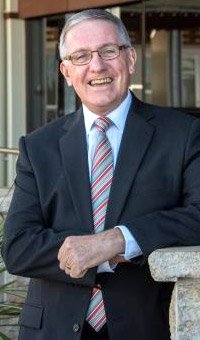
The South Burnett Regional Council’s priorities of getting better water supplies for local agriculture and improved heavy transport routes in the region are being backed by the Wide Bay-Burnett Regional Organisation Of Councils (WBBROC).
WBBROC is the peak organisation that represents the six councils of the Wide Bay-Burnett (ie South Burnett, North Burnett, Cherbourg, Gympie, Fraser Coast and Bundaberg) in high-level negotiations with the State and Federal Governments.
South Burnett Mayor Keith Campbell said last week the South Burnett is actively participating in WBBROC’s ‘Last Mile’ and ‘Water For Agricultural Growth’ projects.
The Last Mile project aims to open up the South Burnett’s road network so that individual businesses can more easily access main transport routes.
WBBROC is working with the Department of Transport and Main Roads and the National Heavy Vehicle Regulator to set up a flexible approach to heavy vehicle permits that would avoid the need to upgrade a large number of local roads, which would be cost prohibitive.
He said South Burnett Directions’ Transport Reference Group have already identified priority heavy vehicle transport routes through the South Burnett.
They are:
- Wondai-Chinchilla Road (Tingoora to Durong)
- Proston to Durong
- Kingaroy to Dalby
- Bridges at Kilcoy and Woodford
The group will now carry out an economic analysis of the routes to determine the costs they imposed on the South Burnett, and the economic benefits they’d generate if the roads were upgraded.
The information from these studies will be forwarded to the State Government’s Roads Group, and WBBROC will use the data to push for improvements to the roads.
Meanwhile, WBBROC has begun scoping a Water For Agricultural Growth project for the entire Wide Bay-Burnett, and South Burnett Directions has gathered information about the impacts better water access for farming could have in the region which will be included in the study.
“This approach is the most appropriate one because the Wide Bay-Burnett Councils are all part of the same water scheme,” Mayor Campbell said.
“The best outcomes will be achieved by working together.”
The Mayor said a key motivation for both projects was to help develop the region’s economy and create more jobs.
“We know that the Tarong Power Stations and Meandu Mine are scheduled to close in 14 to 19 years from now, and we will lose a lot of high-paying jobs when that happens,” the Mayor said.
“We need to look at what will replace those jobs when that occurs, and the time to start working on it is right now.”
Related articles:







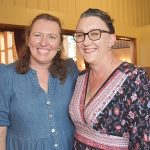

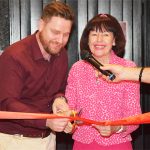

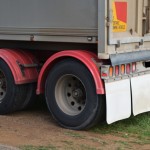

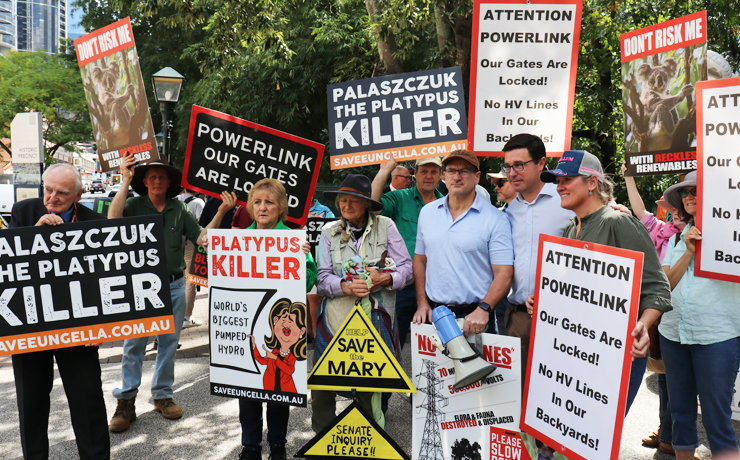
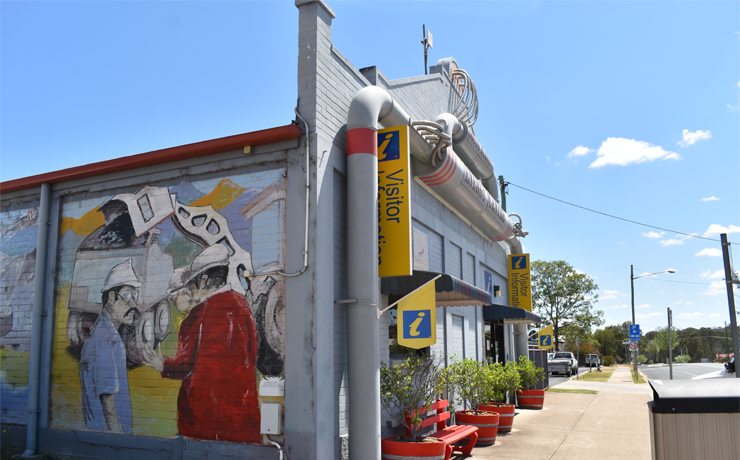




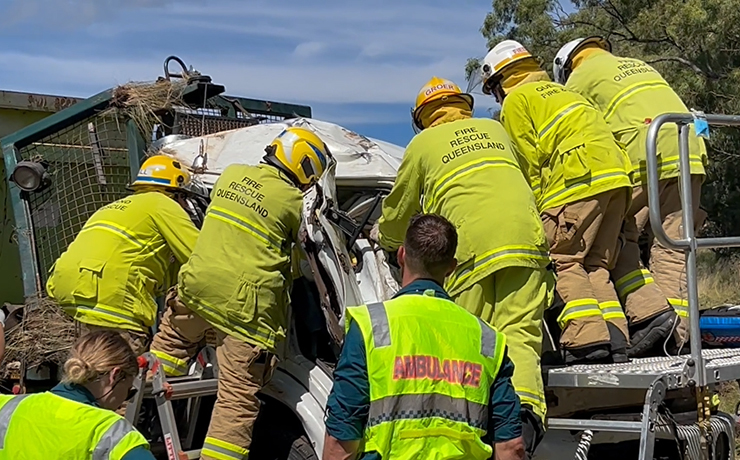


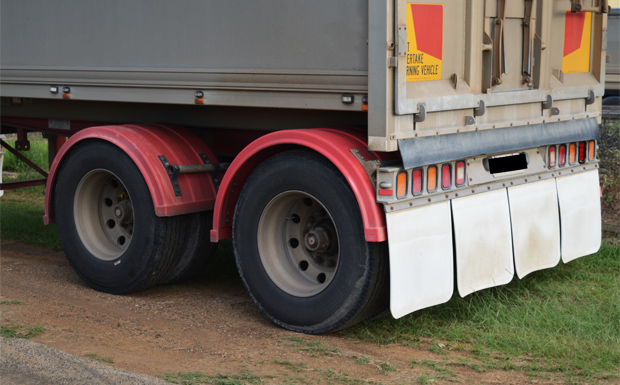
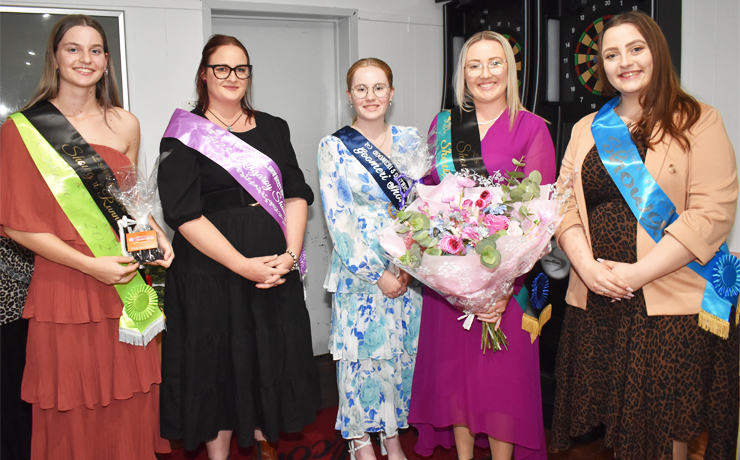
I do support these projects stated above, as many of the area’s roads are not suitable for long, massive b-doubles and semi-trailers. However the closure of the Tarong Power Station should not occur until there are reliable, economical alternatives to produce power to the base load capacity. Tarong and Tarong North are the largest combined power generating facilities in Queensland, producing approximately one-third of the State’s base load power requirements. Full closure of Tarong would be a costly and potentially disastrous venture, one that could be avoided by funding programs to promote the cleaner, more efficient use of coal generated power. The state will never truly rely solely on 100 percent on renewable energy, and unless the state government funds programs to make the currently required fossil fuel power plants cleaner, renewable energy can not progress as quickly as some would hope.